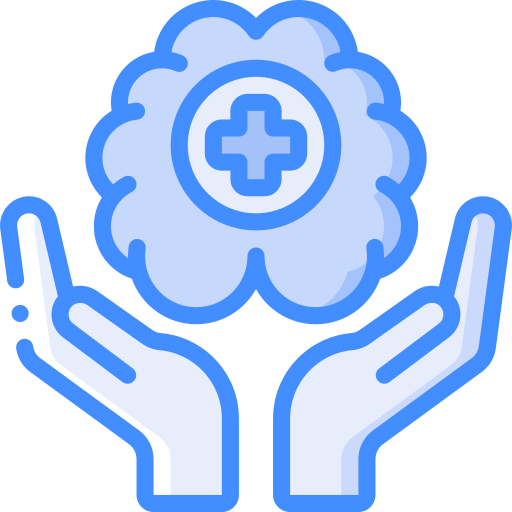Welcome to the seventh issue of Badges and Behavioral Health, where we delve into the intersection of law enforcement and behavioral health.
In this issue, we delve into the intersection of law enforcement and mental health, focusing on innovative approaches and new initiatives in the field. We hope you find the content informative and insightful. Let's dive in!
Today’s Brief:
Tulsa’s Mental Health 911 Calls Tactic Change
North Carolina New Mental Health Crisis Response Initiative
New Behavioral Health Facility Opens in Jamestown
Bonus Brief!

The city of Tulsa is set to launch a new method for responding to mental health 911 calls, making it the first of its kind in Oklahoma. The new system will involve dispatching mental health teams straight from the 911 center, reducing the number of calls officers have to respond to. This initiative builds upon existing programs like COPES and the Community Response Team, aiming to provide more effective and specialized care for individuals in crisis. The new crisis call matrix will prioritize mental health calls based on severity, ensuring appropriate responses are provided. Tulsa continues to lead in innovative approaches to mental health crisis intervention, with the new system set to roll out in February. If in need of mental health support, individuals are encouraged to call 988 or the COPES number at 918-744-4800.

North Carolina health officials are launching a $20 million program to remove law enforcement from mental health crisis transportation, opting for specialized providers instead. This initiative aims to reduce stigma around seeking mental health care and improve crisis response. The move follows incidents highlighting the risks of police involvement in such situations. The program is part of a larger $835 million investment in transforming the state's behavioral health system, with initial implementation in two regions. Qualified transportation vendors can submit proposals through the NCDHHS website, with pilot program launch dates yet to be announced. If in crisis, help is available through the Suicide and Crisis Lifeline at 988 or online.
In Partnership with:
JULOTA
Julota empowers smarter crisis responses by simplifying and streamlining Law Enforcement and Behavioral Health programs. By integrating hospital, EMS, and social services data into a centralized platform, it enables seamless, secure, and HIPAA-compliant collaboration. Automated reporting ensures compliance, while customizable workflows address community-specific needs. With actionable insights, teams can improve outcomes and secure greater funding, making Julota the only software purpose-built to bridge law enforcement and behavioral health with compassion and efficiency.

A new 15-bed residential treatment facility, Bridges To Recovery, has opened in Jamestown, North Dakota. This facility offers a clinically managed, high-intensity program providing around-the-clock care, therapy, and behavioral health services tailored to individual needs. The goal is to bridge the gap for those seeking structured support on their recovery journey. By expanding the behavioral health continuum statewide, the North Dakota Department of Health and Human Services aims to improve outcomes for individuals in need while supporting local communities. Referrals to Bridges To Recovery can be made by emailing [email protected] or calling 701-253-6300.
Bonus Brief
Knoxville City Council approved a $1.75 million grant for the Knoxville Police Department to expand its co-responder program, despite community members advocating for alternative responses to police.
Thank you for reading this issue of Badges and Behavioral Health. We hope you found the information valuable and look forward to bringing you more insights in our next issue. Until then, stay safe and informed.




